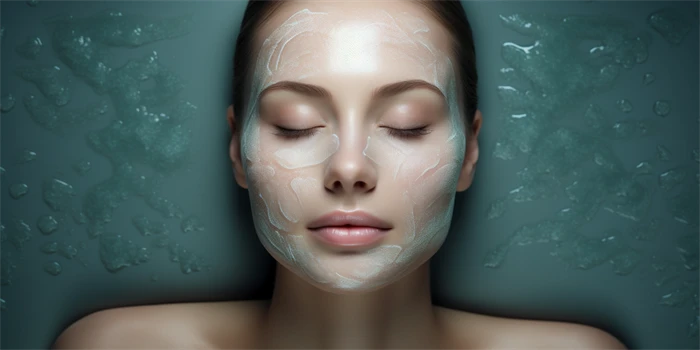Are There Any Risks for Venus Freeze in Limerick?
Introduction to Venus Freeze
Venus Freeze is a non-invasive cosmetic treatment that uses multi-polar radio frequency and magnetic pulses to stimulate collagen production and improve skin elasticity. It is commonly used for skin tightening, cellulite reduction, and wrinkle reduction. The procedure is popular due to its minimal downtime and relatively painless nature.

Potential Risks and Side Effects
While Venus Freeze is generally considered safe, like any medical or cosmetic procedure, it does carry some risks and potential side effects. These can include:
- Skin Irritation: Some patients may experience mild redness, swelling, or tingling immediately after the treatment. These symptoms usually subside within a few hours.
- Burns: Although rare, there is a risk of thermal burns if the device is not used correctly. This emphasizes the importance of choosing a qualified and experienced practitioner.
- Allergic Reactions: A small percentage of individuals may have an allergic reaction to the gel or other materials used during the procedure.
Pre-Treatment Considerations
Before undergoing Venus Freeze, it is crucial to have a thorough consultation with your practitioner. This should include:
- Medical History: Disclose any medical conditions, allergies, or previous treatments to ensure Venus Freeze is suitable for you.
- Skin Type: Your practitioner should assess your skin type to determine the appropriate settings for the device.
- Expectations: Set realistic expectations about the results. Venus Freeze can provide noticeable improvements, but it may not be a one-time solution for all skin concerns.
Post-Treatment Care
Proper post-treatment care is essential to minimize risks and enhance the benefits of Venus Freeze. This includes:
- Sun Protection: Avoid direct sun exposure and use a broad-spectrum sunscreen to protect the treated skin.
- Hydration: Keep the skin hydrated by drinking plenty of water and using moisturizers.
- Avoiding Certain Products: Refrain from using harsh skincare products, such as exfoliants or retinoids, for a few days after the treatment.
Choosing the Right Practitioner
The success and safety of Venus Freeze largely depend on the skill and experience of the practitioner. When selecting a provider, consider the following:
- Qualifications: Ensure the practitioner is certified and has experience with Venus Freeze.
- Facility: Choose a reputable clinic with good reviews and a clean, professional environment.
- Consultation: A thorough consultation should be part of the process to discuss your goals, expectations, and any potential risks.
FAQ
Q: Is Venus Freeze painful?
A: Most patients report feeling a warm, tingling sensation during the treatment, which is generally considered comfortable.
Q: How many sessions are needed?
A: The number of sessions varies depending on the individual's skin condition and goals. Typically, a series of 6-8 sessions is recommended, spaced a week apart.
Q: Are the results permanent?
A: The results of Venus Freeze are not permanent. However, they can be long-lasting with proper maintenance and follow-up treatments.
Q: Can anyone undergo Venus Freeze?
A: Venus Freeze is not suitable for everyone. Pregnant women, individuals with certain medical conditions, and those with metal implants should avoid this treatment.
In conclusion, while Venus Freeze offers numerous benefits for skin rejuvenation, it is important to be aware of the potential risks and side effects. By choosing a qualified practitioner and following proper pre- and post-treatment care, you can minimize these risks and achieve optimal results.




